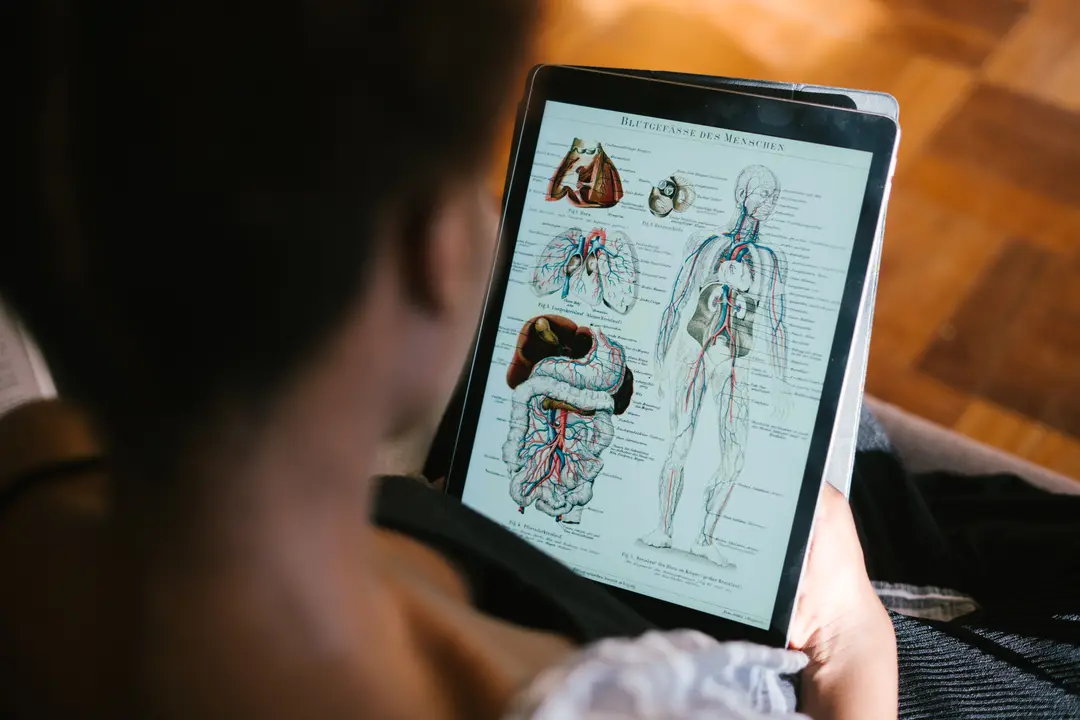How to Ace the BMAT and UCAT Exams

If you’re applying for a degree in Medicine, you’ll be required to sit an entrance exam as part of your application. Medicine is a complex, far-reaching subject that ranges beyond the school curriculum, so it’s important to check that Medicine is the right course for you.
The University Clinical Aptitude Test (UCAT) is part of the UCAS application process in the UK. Its purpose is to help universities select the applicants that are best suited for medical and dental degree programmes.
The Biomedical Admissions Test (BMAT) is a part of the application process for certain UK medical schools. These include the University of Oxford, the University of Cambridge, Imperial College London, and University College London.
These may sound daunting, but there’s no need to worry! With sufficient preparation, you can enter the exam room with confidence. We’ve put together this guide on how to ace the BMAT and UCAT exams to give you the best chance of success in your application.
NB: The BMAT is being phased out from 2024. As soon as universities currently using the BMAT release more information, this article will be updated.
Section 1: Aptitude and skills
35 multiple choice questions
60 minutes to complete
The first section focuses on generic academic skills that will be important throughout your undergraduate study. Half of the questions will assess your problem-solving abilities, and half your critical thinking and analytical skills.
Section 2: Scientific knowledge and applications
27 multiple choice questions
30 minutes to complete
The second section assesses your existing scientific knowledge and your ability to apply it to different situations. The questions will be based on the syllabus for A-level or equivalent, so you can reasonably expect to have covered the content in your studies.
Section 3: Writing task
1 short essay
30 minutes to complete
The third section is slightly different. You’ll be asked to write a short essay in response to a quote or concept, covering no more than a single side of A4 paper. This task is all about assessing your communication skills and your thinking process. You’ll get to choose from a range of quotes and statements – lots of which won’t be directly linked to medical content.
Preparing for the BMAT
Most students prepare for the BMAT with lots of practice! It’s structured differently to the average school exam, so it’s a good idea to become familiar with the BMAT by practising real questions.
You can find BMAT practice papers online, and there are lots of books and resources that offer hundreds of practice questions. The more comfortable you are with the exam’s structure and type of questions, the more relaxed you’ll feel on the big day!
Our best tip is to avoid skipping questions! You won’t lose points for a wrong answer, so try to make an educated guess for any questions you’re unsure about.
Equally, don’t spend lots of time agonising over one question! Move onto the next one if you’re struggling, and go back at the end to fill in your best guess for any that you found tricky.
The UCAT
If you’re taking the UCAT, your paper will be divided into five sections. You’ll have a total of two hours to complete 228 questions, assessing a variety of skills and abilities.
Section 1: Verbal reasoning
44 questions
21 minutes to complete
The first section asks you to read eleven short passages, answering four questions on each piece. This section assesses your comprehension skills and includes both true-or-false, and free text, questions.
Section 2: Decision making
29 questions
31 minutes to complete
This section assesses your ability to evaluate, analyse and make a decision. It’s made up of multiple choice questions and yes-or-no statements with corresponding data.
Section 3: Quantitative reasoning
36 questions
24 minutes to complete
This section tests your numerical skills. It’s made up of data-based scenarios – including tables, graphs and charts – and multiple-choice questions.
Section 4: Abstract reasoning
55 questions
13 minutes to complete
The fourth section is designed to test your ability to spot patterns while ignoring irrelevant material. You should be able to evaluate your thinking, and change direction if needed!
Section 5: Situational judgement
69 questions
25 minutes to complete
The final part focuses on medical ethics, assessing personal skills like empathy and integrity, and gaining an understanding of how you’d react in different medical scenarios. With each scenario, you’ll be asked to rate a range of actions by their appropriateness and importance for each individual context.
Preparing for the UCAT
Like the BMAT, practice is an important part of preparing for the UCAT! Past papers aren’t released, but you can find a number of example questions and UCAT practice tests on the official website.
You may come across UCAT preparation packages, however these can be quite expensive, so this isn’t always the best option. It’s also key to remember that these packages are not associated or endorsed by UCAT’s examining body and may not be produced to a reliable standard.
Start familiarising yourself with the UCAT format and type of questions at least one month before the exam date. As the exam approaches, you may want to start doing some of the unofficial past papers online.
It’s also helpful to create a study schedule! Try to regularly allocate some of your time each day to UCAT preparation.
On the day of the exam, try to answer every question. You won’t lose points for answering wrong, so take your best guess! If you get stuck on a question you can’t answer, just move on and go back if you have spare time at the end.
The UCAT takes place at several different times throughout the year, so you can sit it at a time that suits you. You’ll need to travel to a Pearson Vue testing centre, and pay the relevant fee to cover the cost of the test – £70 in the UK or £115 in other countries. Bursaries are available for eligible students, and you can find out more about these on the UCAT website.
After the UCAT, your results will be ready immediately so you can walk out of the test centre with your results in hand!

Finally, make sure to apply to BMAT and UCAT universities. No matter how much we prepare, sometimes we have a bad day and an exam doesn’t go quite the way we’d hoped, so having different options can help to relieve the pressure on exam day.
Medical school entrance exams can be tricky, but with the right amount of preparation, you’ll give yourself the best possible chance to ace them!

By Jamie Emerick
Jamie is a recent Law graduate of Trinity College, University of Oxford. Alongside his writing work, offering first-hand advice for those looking to study Law at university, Jamie works at a MedTech firm as an IP Law Assistant, helping to manage their IP portfolio.
Ready to get a head start on your future?
Recommended articles
OxBright Tutors Share Their Top Tips for High School Graduates
Finishing high school can be a really intimidating juncture – you’re leaving the security of a routine you’ve followed for five plus years, and you’re faced with more options and less structure than ever before. Oh, and your decisions now can shape your future in a...
Which Career Is the Best Fit for Me?
Choosing your career path is one of the first big steps you’ll take as a young adult, so it can often be a daunting prospect. However, the possibilities are endless, and as long as you base your choices on your personal preferences, passions and interests, your...
How to Make a Study Schedule That Actually Works
Studying can sometimes feel like a daunting task, no matter how old you are or what level you’re studying at. You might be left thinking: How can I balance academics with my other commitments? How do I stay consistent with a study schedule? Is there a “good” or...



